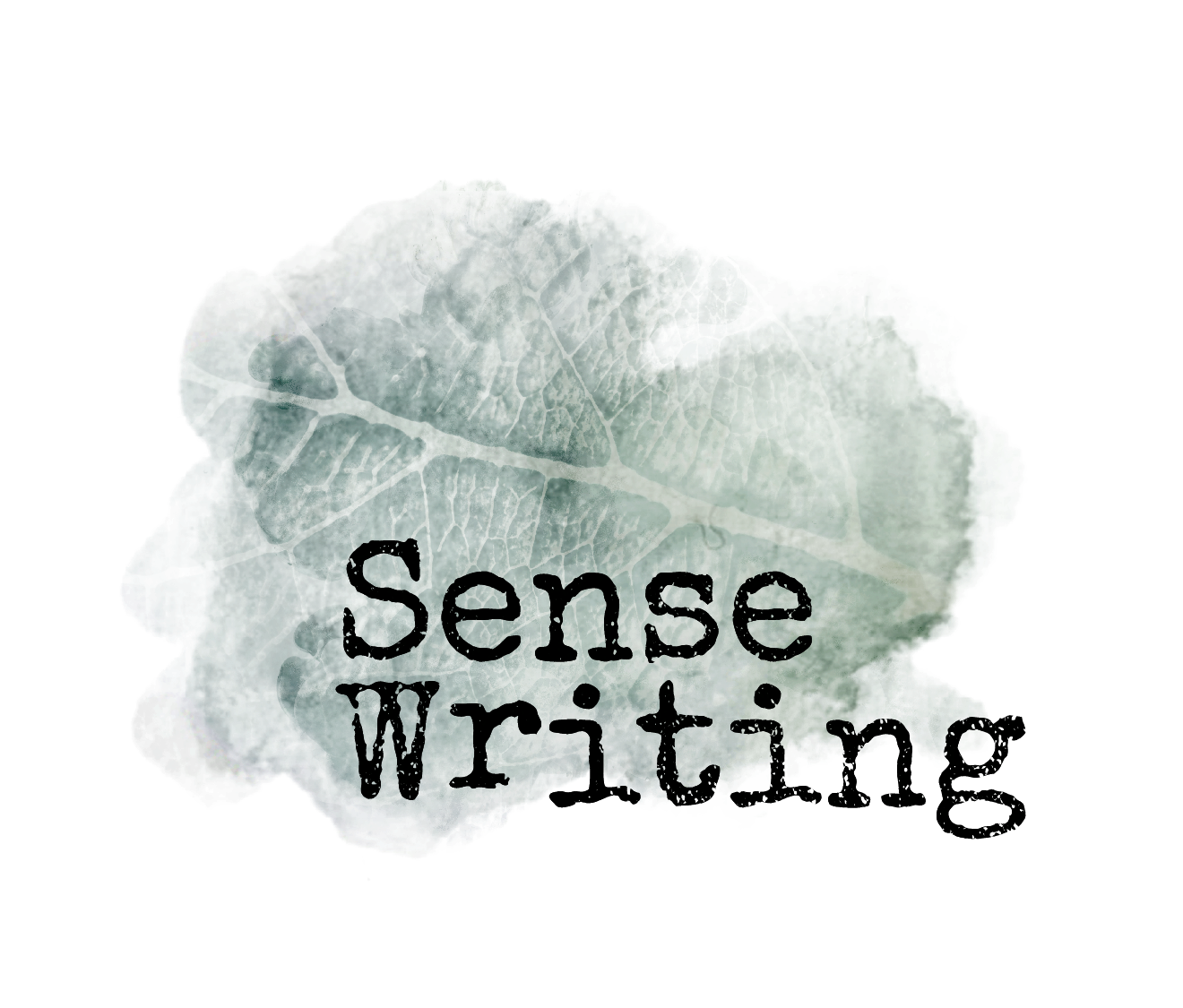Feel good, not guilty
When I first started developing Sense Writing, I understood that there was so much potency and power in pleasure. And of course, I could see how little most of us felt like we could trust where pleasure might lead us.
Even in the beginning, Sense Writing wasn’t just about bypassing anxiety or regulating the nervous system or enhancing creative flow.
Instead, I turned to something simple but elusive: tuning into the pleasure and letting yourself follow your instincts without judgment.
It’s been almost seven years since the first Sense Writing workshops in Brooklyn, and through the years, I’ve come to a deeper understanding of pleasure on a personal level.
This variety of pleasure is not about satisfying existing notions of what pleases you — it's not (for example) about sitting in the sun and eating a croissant — though I do this often. And it’s not about the more familiar kind of pleasure that lets us escape what troubles us, which can be soothing and restful but rarely increases our connection to the moment
Instead, the kind of pleasure that interests me is about inhabiting creativity--sinking into a vivid memory or following a previously unknown path of words-- and noticing the pleasurable sensation of this experience and letting it lead you.
And a strange thing happens when you tune into pleasurable sensations of active, engaged writing: gently, and without pressure or expectation, they begin to spread.
Pleasure sustains practice
We're not in the habit of inviting pleasure to lead us. We tend to trust our finely honed survival instincts much more. After all, we know they’re always waiting, ready to galvanize our body’s systems to keep us alive in response to threat or danger.
But what if we knew our artistic instincts were also always there?
And what if we could sharpen these just as thoroughly, and galvanize them as well?
Not through threat or danger — but through the sensation of pleasure.
Following pleasure doesn't mean we only write about butterflies and rainbows. What we write can be difficult, charged, and complex. But while what you write is important, how you write will determine if your practice is sustainable.
And pleasure plays a key role in that.
The pleasure-skill connection
By now, your inner Protestant work ethic may be thinking, Okay but HOW WILL I GET ANYTHING DONE IF I’M JUST “PAYING ATTENTION TO PLEASURE”? What about hard work, effort, talent, and technique?
What about the grind?
I’ve also heard these voices screaming, but I’ve found it more fruitful to ask these questions instead: How do I step into the process of writing to begin with — and how do I stay engaged?
The art of listening to and following pleasure as it arises helps to connect with the creative process, and it buoys the desire to stay engaged.
Pleasure is an intrinsic motivator.
I like to think about engagement and effort as skills to cultivate the way I cultivated a taste for really ripe, smelly cheese — through pleasure! — and as sensations that spread through the body with increasing richness, depth, and complexity, felt on a molecular level.
It’s not as simple as enjoying ease or instant gratification (like the sugary frosting on a cupcake, which doesn’t take much cultivation to respond to). It’s about layering experience and pleasure together to grow a sophisticated appreciation of the richness and complexity of creative effort — of creative flow.
Pleasure and engagement create flow
“The best moments in our lives are not the passive, receptive, relaxing times . . . The best moments usually occur if a person’s body or mind is stretched to its limits in a voluntary effort to accomplish something difficult and worthwhile.” -Mihalyi Csikszentmihalyi, author of Flow
If you’ve ever heard someone describe a time when their performance excelled and they were “in the zone,” they were likely describing an experience of flow.
Flow occurs when your skill level and the challenge at hand are equal.
The more familiar flipside — blocked effort, guilty avoidance, frustrated wrestling — is what happens when the gap between skill and challenge is too big to grasp.
But the answer isn’t to push harder or suffer more.
There’s an easier way to build up those layers and grow your skill through pleasure, not pressure.
Pleasure and effort can have equally important parts in discovery.
When we work with the body and nervous system, our internal motivation deepens. We can begin to shed old patterns of motivation, like guilt or unhealthy competition. As we build self-trust, we can be more moved by our curiosity and pleasure because we can actually feel them as sensations in the body.
Through pleasure, we remember and re-learn how to enjoy the process.




